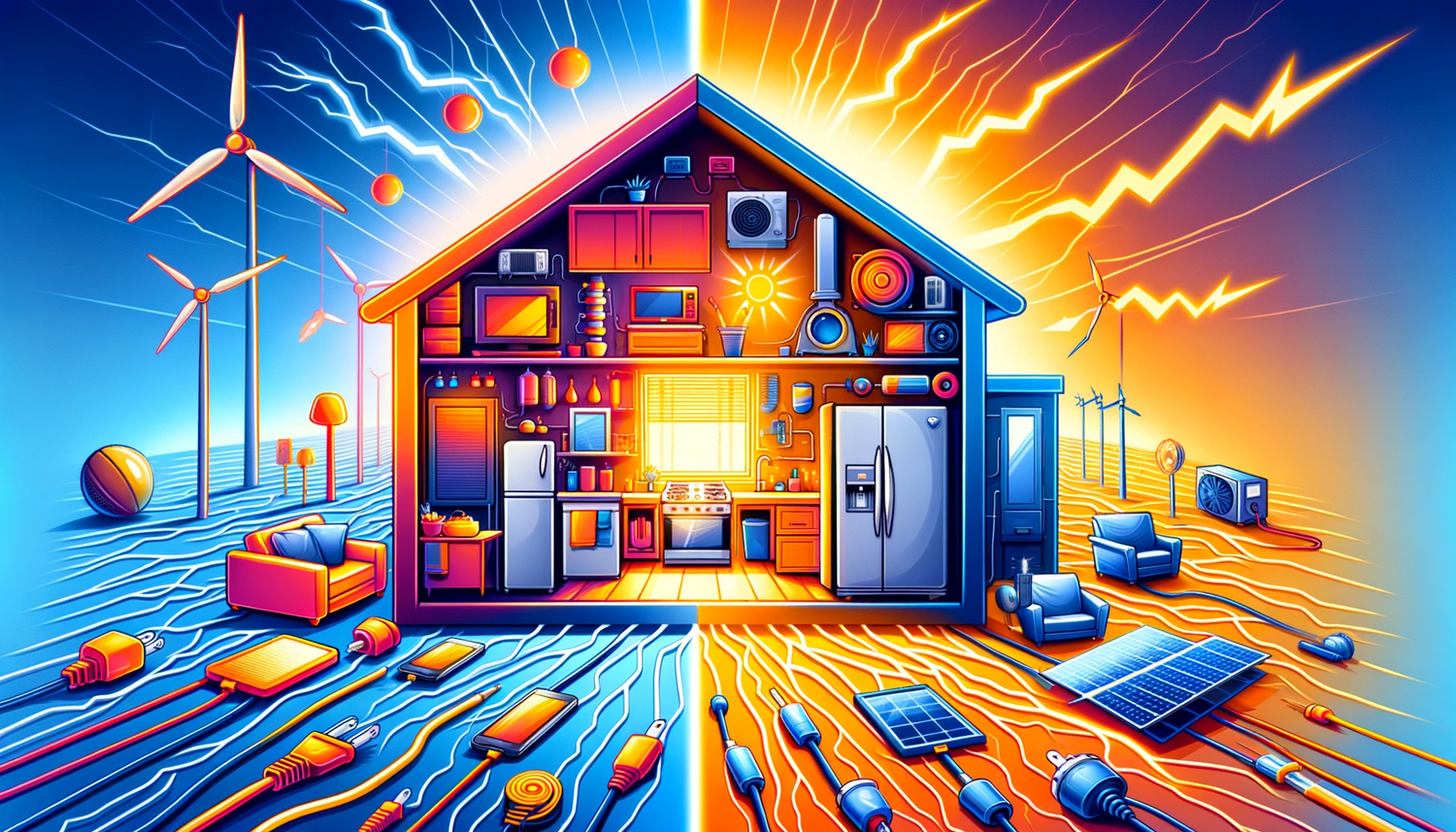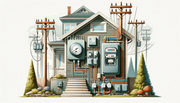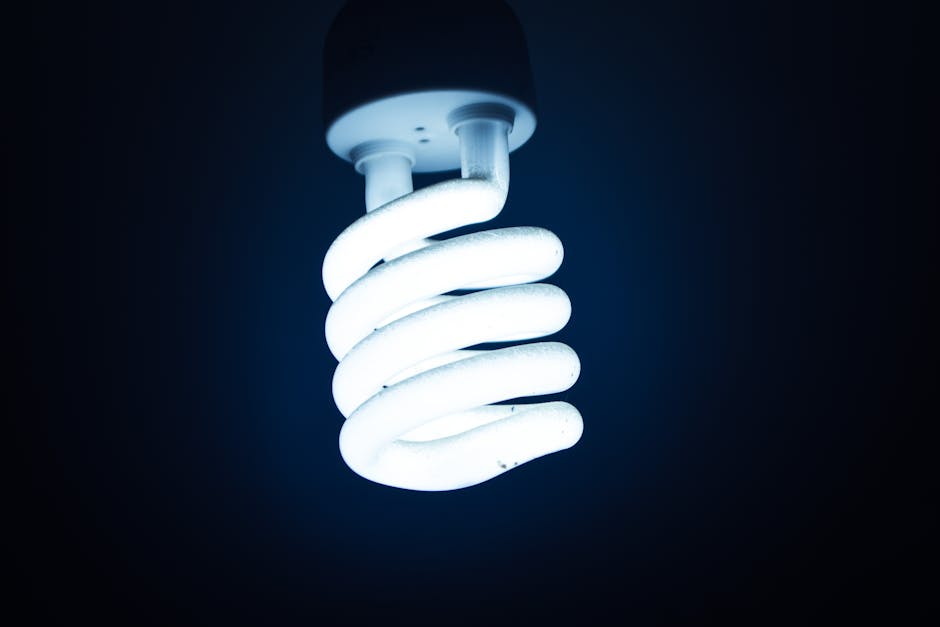Is Home Electricity AC or DC? Delving into the Currents Powering Our Lives
Introduction: The Essence of Home Electrical Systems
Electricity is an integral part of our daily lives, but the type of current used in our homes often remains a mystery. This article sheds light on whether home electricity is predominantly AC (Alternating Current) or DC (Direct Current), exploring their roles, differences, and applications in our daily lives.
AC vs. DC: The Core Differences
Characteristics of Alternating Current (AC) and Direct Current (DC)
- Alternating Current (AC): AC is the mainstay of home and industrial power supply. Its defining feature is the ability to change direction and voltage level, making it ideal for powering large appliances like refrigerators, air conditioners, and washing machines. The versatility of AC in terms of voltage transformation is what makes it suitable for the general power grid.
- Direct Current (DC): DC is the type of electricity stored in batteries and used by most of our handheld devices, such as smartphones and laptops. It is also the form of power generated by solar panels. In these applications, the consistent voltage of DC is crucial for the stability and longevity of these devices.
Why Homes Use AC Electricity
Advantages and Historical Adoption of AC
The widespread use of AC in homes can be traced back to its victory over DC in the historical "War of Currents." AC's ability to travel long distances without significant power loss, thanks to transformers that can step voltage up or down, made it the more practical choice for a growing nationwide power grid. This efficiency in transmission significantly reduced the cost of delivering electricity to widespread areas.
DC's Niche in Household Electronics
Ubiquity of DC in Daily Life
Despite AC's dominance in home wiring, DC plays a vital role in powering many household devices. For example, your television, computer, and kitchen appliances like toasters and microwaves often contain internal converters that change AC from the wall outlets into DC, as DC is more suitable for the precise electronic control circuits within these devices.
Safety Aspects of AC and DC
Navigating Electrical Safety in the Home
Safety is paramount when it comes to electricity, regardless of its type. AC can be more dangerous due to its higher voltage, which is why safety mechanisms such as circuit breakers and ground fault circuit interrupters (GFCI) are crucial in household electrical systems. On the other hand, while lower-voltage DC is generally safer, it can still pose risks, especially when dealing with larger batteries or solar panel systems.
AC and DC: The Future of Home Electricity
Emerging Trends and Hybrid Systems
Looking to the future, the distinction between AC and DC in homes is becoming more nuanced. Renewable energy systems like solar panels, which produce DC power, are being integrated into home energy systems. Additionally, the rise of electric vehicles, which charge on DC, is spurring the development of home charging stations. These trends point towards a more hybrid approach to home electricity, where AC and DC coexist and complement each other.
Conclusion: Embracing the AC/DC Dynamic
Understanding the interplay between AC and DC in our homes enables us to appreciate the complexity behind our everyday conveniences. From lighting our homes to powering our technology, this synergy of currents is the backbone of our modern lifestyle.










